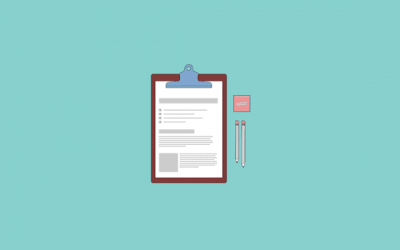In this study, we wanted to see if patients with a history of stroke could use the Mobili-T system. The study methods are similar to those previously used in our earlier usability study with patients with a history of head and neck cancer. We found that, depending on other limitations secondary to stroke (e.g., mobility, memory), some patients could use the Mobili-T independently, while others required assistance from a caregiver.
Abstract
Purpose
The objective of this study was to evaluate the usability of a mobile health (mHealth) system designed for dysphagia exercise in persons with a history of stroke.
Method
Five participants with a history of stroke were recruited from a tertiary health center and assessed for their ability to use and interact with the system. After being introduced to the technology, participants were asked to independently complete five tasks, one at a time. Assistance was available when required or requested. Usability was evaluated with respect to effectiveness, efficiency, and user satisfaction when completing the prespecified goals.
Results
Four men and one woman between the ages of 50 and 83 years (M = 65.4) completed the usability testing. Time from stroke onset varied from 1 month to 2.5 years. Additional poststroke challenges related to the usability of the mHealth system included reduced range of motion or mobility, vision, and short-term memory difficulties. Independent success (system effectiveness) varied in this user subgroup, and the research clinician or the family member was required to adjust the level and type of support they provided (system efficiency). All participants reported satisfaction with the use of the system.
Conclusion
Usability of and satisfaction with this mHealth system and others like it can be achieved in individuals who have had a stroke, either as an independent user or as a patient–caregiver dyad.





